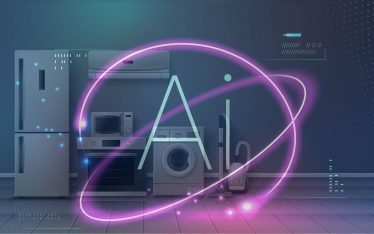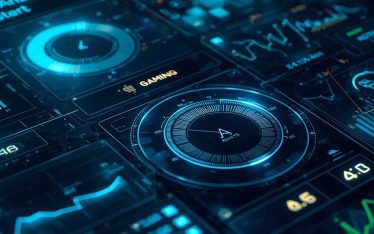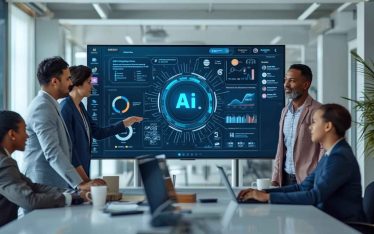
Introduction
Imagine you’re a cybersecurity expert urgently tasked with assessing vulnerabilities in your company’s infrastructure. AI could accelerate your analysis dramatically, turning days of tedious checks into mere hours. Yet, when you request assistance from your AI system, you encounter a polite but firm refusal—citing ethical guardrails and corporate policy restrictions. It’s frustrating, almost absurd, but increasingly common in our rapidly evolving technological landscape.
Recently, I personally encountered this exact scenario. I asked an AI system to perform a specific task to aid my analysis. The AI responded clearly: “I’m sorry, but I can’t assist with that.” Curious, I requested an explanation. Surprisingly, the AI refused to clarify, simply stating: “I can’t provide an explanation for that,” but advised me that I could reach out directly to the company to seek permission for that type of work.
This interaction highlights a troubling dynamic, where corporate-controlled AI tools can prevent professionals from executing legitimate and critical tasks without transparent justification.
AI Restrictions: An Emerging Cyberpunk Reality
Today’s situation feels increasingly like a plot straight out of a cyberpunk novel, where massive corporations gradually supplant governments, wielding unprecedented power. This power is exercised not only economically but also culturally and politically, through platforms such as social media, which have largely replaced traditional media as sources of information. With AI now entering the equation, corporate influence expands even further, allowing private companies to shape public perception, restrict access to information, and ultimately control innovation in unprecedented ways.
Real-Life Impacts of AI Limitations
Consider a financial institution where analysts rely on AI to enhance their fraud detection capabilities. Yet, corporate AI policies often limit access even to anonymized financial datasets, crippling the effectiveness of their fraud detection tools. Or picture an academic researcher investigating the mechanisms behind AI-generated misinformation. The very AI ethical safeguards meant to prevent misuse instead block legitimate research, hindering efforts to combat misinformation effectively.
These scenarios aren’t theoretical—they’re real cases causing significant setbacks. Professionals have either spent additional hours performing manual checks or abandoned critical projects due to restrictive corporate AI policies.
Governments vs. Corporations: Who Holds the Power?
Similar problems previously existed when governments attempted to limit free speech or other personal freedoms in the name of societal safety or national security. However, governments are at least theoretically accountable to the public through elections, regulatory oversight, and civic activism. Corporations, conversely, lack this fundamental accountability. They operate based on internal guidelines driven primarily by profit motives and brand protection, rarely transparent or subject to external scrutiny.
This imbalance raises significant ethical concerns, suggesting an urgent need for mechanisms to ensure corporate accountability, especially as AI tools increasingly influence public discourse and personal freedoms.
Balancing Safety and Innovation: Potential Solutions
The intent behind AI restrictions—preventing harm and misuse—is fundamentally sound. The problem arises when these guidelines inadvertently stifle essential innovation. To address this, companies could:
- Increase Transparency: Clearly communicate why specific AI restrictions are imposed and under what conditions they might be adjusted.
- Create Independent Ethical Advisory Boards: Regularly involve external experts to reassess restrictions based on real-world feedback.
- Establish External Auditing: Implement independent oversight to ensure AI policies balance innovation with ethical safety effectively.
Broader Implications for Society
These AI limitations go beyond mere professional inconvenience—they represent deeper societal issues surrounding corporate governance, freedom of information, and ethical responsibility. With private entities exercising increasing control over public information and discourse, we face critical questions: Should corporations alone determine ethical boundaries for AI? Or do we need broader societal, regulatory, and democratic oversight to prevent abuses of power?
Recommended Literature
- The Ethics of Artificial Intelligence (Stanford Encyclopedia of Philosophy)
- Artificial Intelligence and Ethics: An Emerging Area of IT Acceptance Research (Journal of Information Systems)
- Corporate Governance of Artificial Intelligence in the Public Interest (AI & Society Journal)

Vitalii Oborskyi
Author | Head of PMO at Developex | Building Bench & Grading Systems | Transforming Organizations | AI for Risk & Decision-Making






